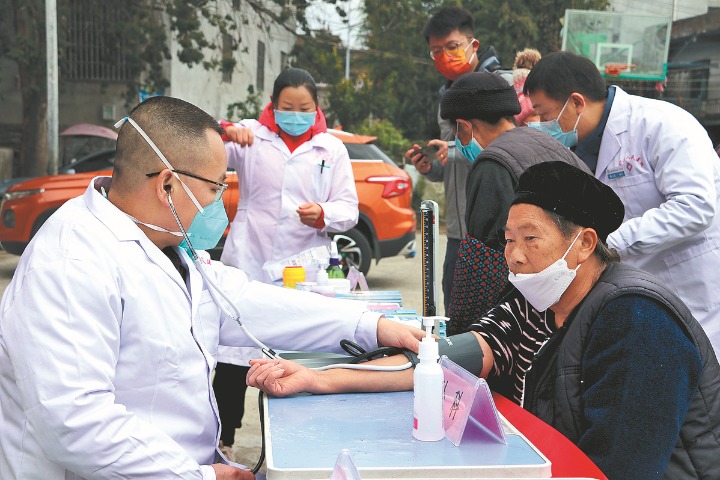What's Shanghai experience of COVID-19 management?
The reasons for these additional requirements are based on the following: After two consecutive respiratory tract secretion swab tested negative, we are also looking for stool specimen testing negative. Shanghai team experts have postulated that if after 4 weeks of positive stool results, the possibility of COVID-19 contagiousness through feces to others are low. Obviously, we still need further data to support this. We do allow patients to be discharged, but we give instructions as to how to handle their excretions after returning back to the community.
Illness duration exceed 2 weeks before discharge—we postulate that most of viral infections are still contagious within 2 weeks, after 2 weeks, some viruses are self-limited and self-resolving, even without any medication. In Shanghai, Discharge orders are given with more strict requirements. Besides the two above listed criteria, we also require Task Force expert physicians to review patients' chest imaging films and confirm the resolution of the lung parenchymal pathologies prior to discharge.
After two consecutive negative respiratory secretion swabs, stool sample must also show negative viral nucleic acid test result. We have also accumulated the following experience: The viral shedding duration for respiratory tract secretion swab test is indeed different from the stool specimen. Viral shedding duration is much longer in stool compared to respiratory tract pathway.
Please feel free to contact us by sending your questions to question@chinadaily.com.cn or commenting on China Daily app. We will ask experts to answer them.














